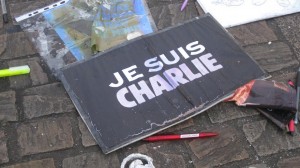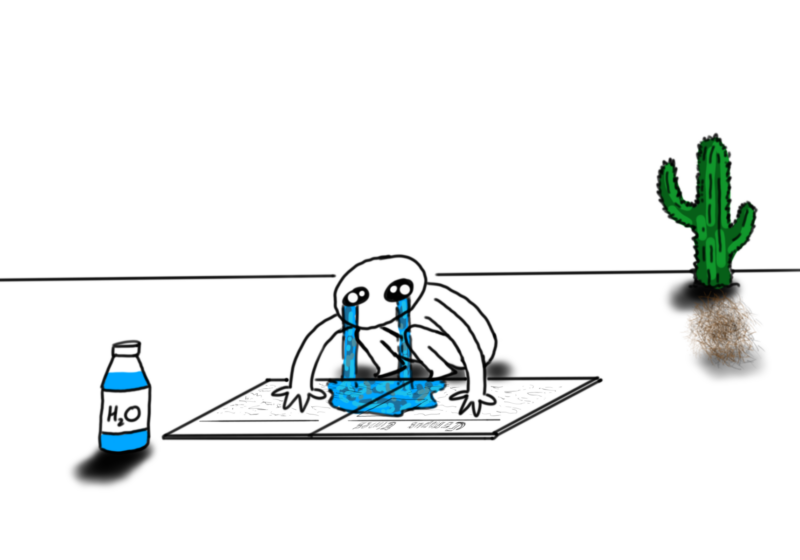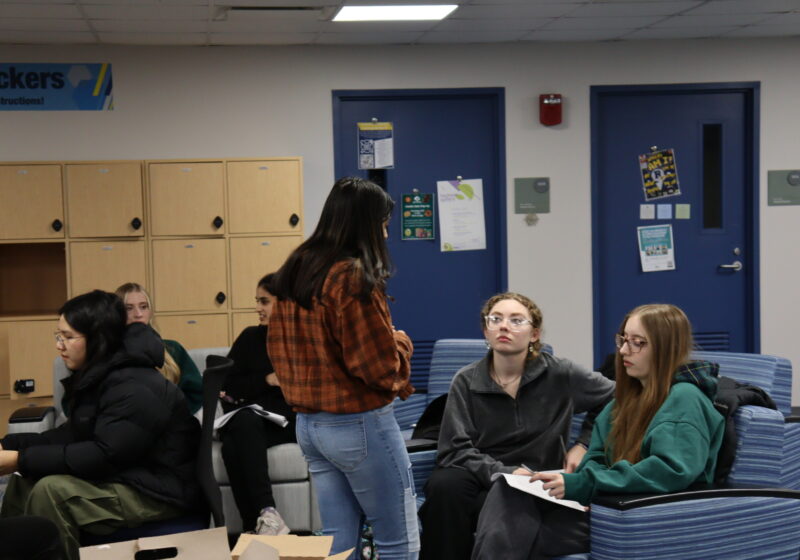On Jan. 7, two gunmen shook the world when they marched into the offices of French satirical newspaper Charlie Hebdo in Paris, France, and attacked employees.
Their attack left 12 dead and 11 wounded and shook the world.
The now iconic “Je suis Charlie,” translating to “I am Charlie,” spread worldwide and was used in various forms of media. Its spread symbolized the solidarity of those everywhere who support the freedom of speech. Many took to Twitter to engage in a global discussion, and it quickly became one of the most popular hashtags of all time.
In the week after the attack, one could not walk anywhere without seeing the words at least once in most parts of the world.
It was a global movement.
Though we’ve read the news and have seen feeds of what was happening, it’s hard to put ourselves in the shoes of Parisians who have dealt with this firsthand.
Two students currently studying abroad in France recall their experience of the aftermath of Charlie Hebdo after they arrived.
“From the moment [I] got into Paris, [I] almost immediately noticed military security officers in full uniform, armed with very large assault rifles,” junior Michael Tamburrino said.
“They make themselves very visible to the public, and while it might seem intimidating at first to a foreigner, if you ask the Parisian people, the common response is that this is not typical, and it makes them feel very safe and protected.”
Tamburrino added, “I have not seen protesters specifically, but you frequently see people hanging ‘Je Suis Charlie’ signs on their store windows or painting it all over walls, so that sort of activism is commonplace.”
Though most areas seem relatively normal in terms of security, “there are places with heightened security, such as the primarily Jewish neighborhood Le Marais, where entire crews of heavily armed officers sometimes stand guard outside both synagogues and mosques.”
Though most of the security measures did not impede his studies, some of Tamburrino’s field study trips to areas like Le Marais were cancelled for liability reasons.
Tamburrino notes that travel through the city was not impeded unless one planned to go to tourist-heavy spots like the Eiffel Tower.
“The French people are very upset as to how the attacks and the city’s reaction to them were covered in the US, particularly on Fox News,” added Tamburrino.
“They hate that some people made it look like a civil war was happening in Paris, and that was most certainly not the case. The Parisians are strong willed, and while occasionally you might encounter delays in tourist- heavy spots, largely, all you will experience is a higher, ever-vigilant military presence.”
“The ideals and value of free speech seem to have been strengthened by these events, and one thing it is still definitely taking me some time to get used to is the amount of candor that results from this speech, frequently pushing the boundaries of what would sometimes be called racist or Islamophobic speech in the U.S.,” Tamburrino says. “I just have to keep reminding myself that it’s a matter of differing cultural perspectives, and not [to] be too personally affronted by the way some people make their points.”
Junior Rebecca Goldberg arrived in Paris on the day of the attack.
Goldberg recalls that while she was waiting for the train that would take her from Paris to Nantes, where she is studying, “they had us evacuate the seating area by the trains and we had no idea why.”
“Apparently, there was a suspicious package or item in the station. At the time, I had not heard anything about what was happening in Paris and am not sure if this was at all related or if the airport was taking special precautions.”
After five minutes, she and the others were allowed to come back to the seating area, and she was able to board her train.
The weekend after her arrival, her class went on an orientation trip to the nearby city of Tours to visit some castles.
During her trip there, she “saw about five people marching singing the Marseillaise and holding signs that said ‘Je Suis Charlie.’”
“Je suis Charlie” signs were on most stores and windows in Tours and Nantes soon after her arrival.
Goldberg added that the heightened security did not interfere with her daily life, though she received several emails from both her program (IES Abroad) and the US embassy telling American citizens to stay informed and vigilant.
Though the rallies and marches have slowed down over the past few weeks, many still remember the event, which ignited many discussions on the topic of freedom of speech.
Moreover, it will certainly remain in our collective memory for years to come.
Kanakam is a member of the class of 2017.






